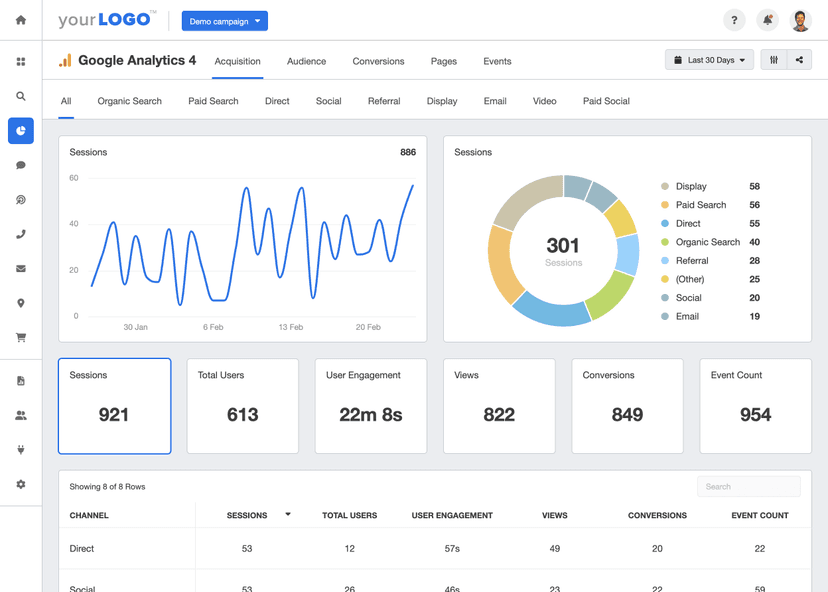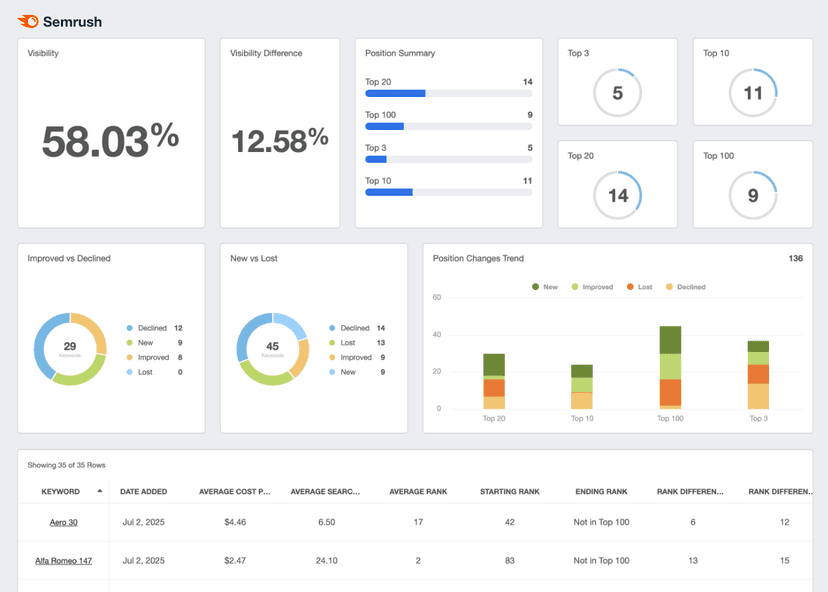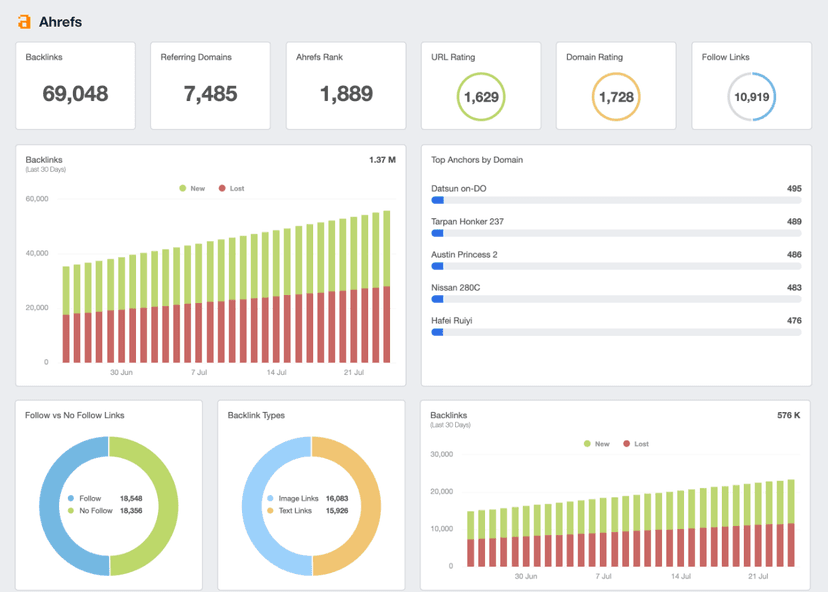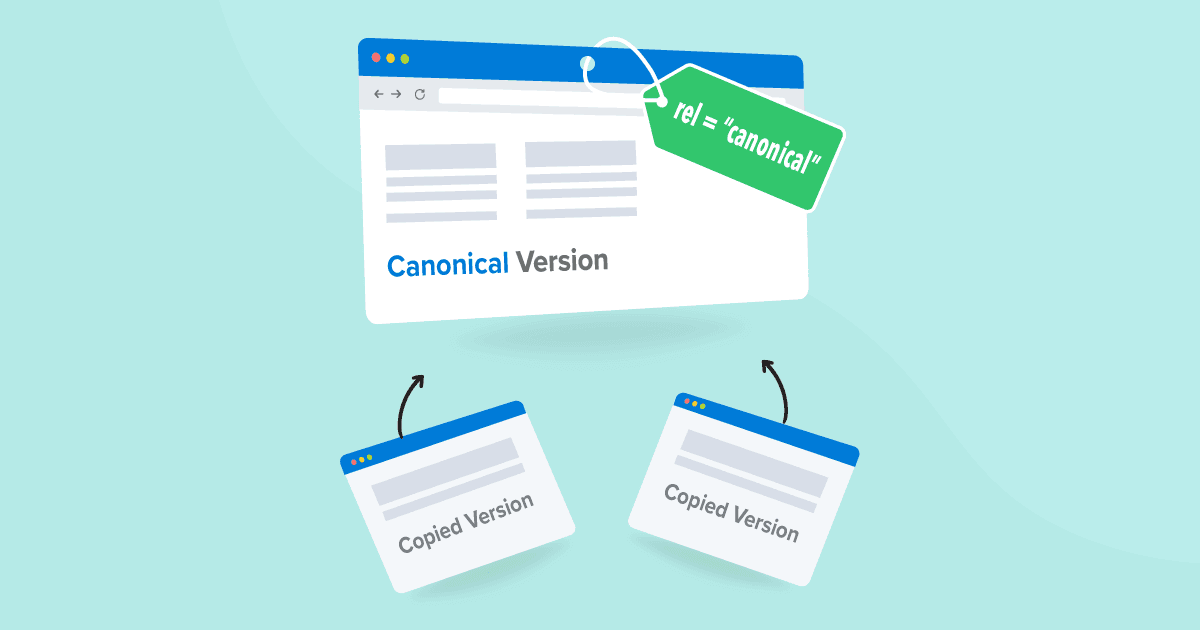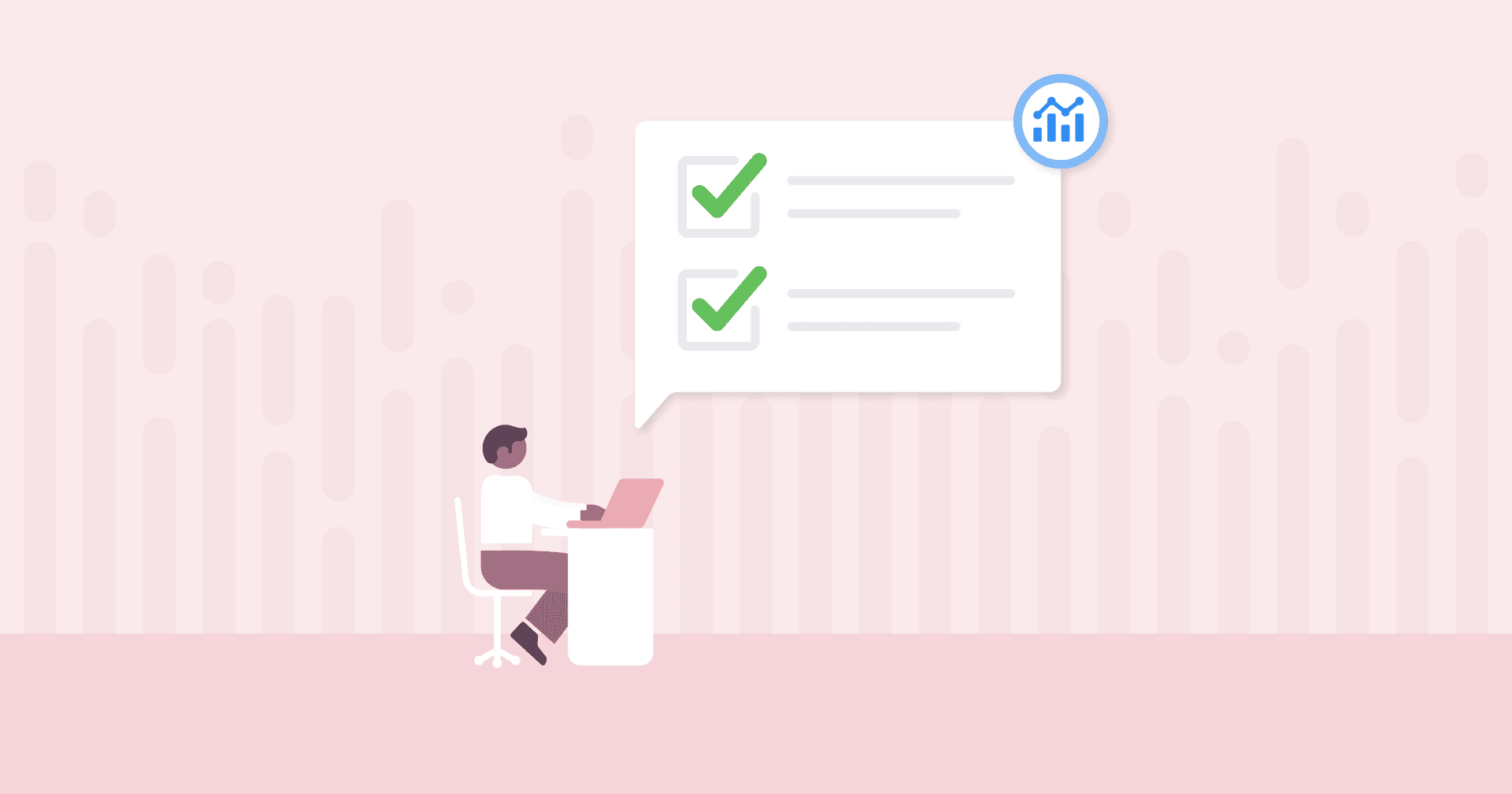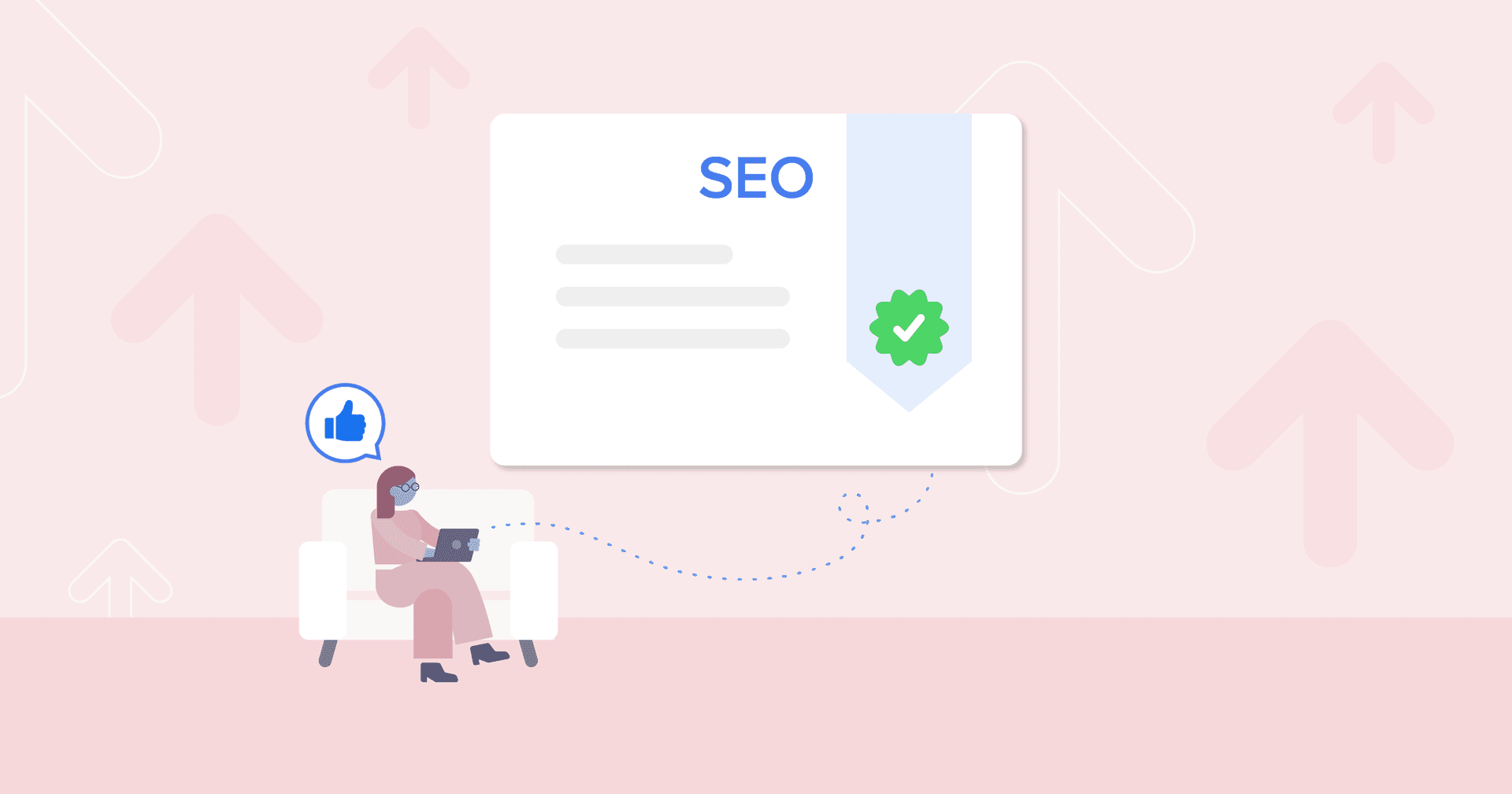Canonical Chain
SEO Optimization
Use canonical tags to consolidate page authority and improve search engine rankings.
Content Management
Address duplicate content issues across a site to enhance user experience.
Analytics Clarity
Ensure accurate traffic and engagement data by directing search engines to preferred URLs.
Link Equity
Reduce or remove Canonical Chains to preserve and pass link equity to the canonical page to strengthen SEO efforts.
Why Canonical Chains Are an Issue
When a site has pages with the same URL structure or very similar content, digital marketers use canonical tags in the HTTP header to guide search engines to the preferred page. If the process isn't handled with precision, search engines get mixed signals, leading to the wrong page being prioritized or indexed.
For example, the Canonical Tag for Page A points to Page B. A new page is introduced, and the Canonical Tag for Page B is updated to refer to Page C. Page A now starts a Canonical Chain from Page A to Page B and then to Page C. For SEO best practices, the Canonical Tag on Page A should be updated to refer directly to Page C.
Canonical Chains are tricky, particularly when they involve self-referencing canonicals and managing HTTP headers. Each time content is updated or the site's structure changes, canonical tags need reviewing. A self-referencing canonical tag pointing to an incorrect domain or a mistake in the HTTP header will disrupt SEO.
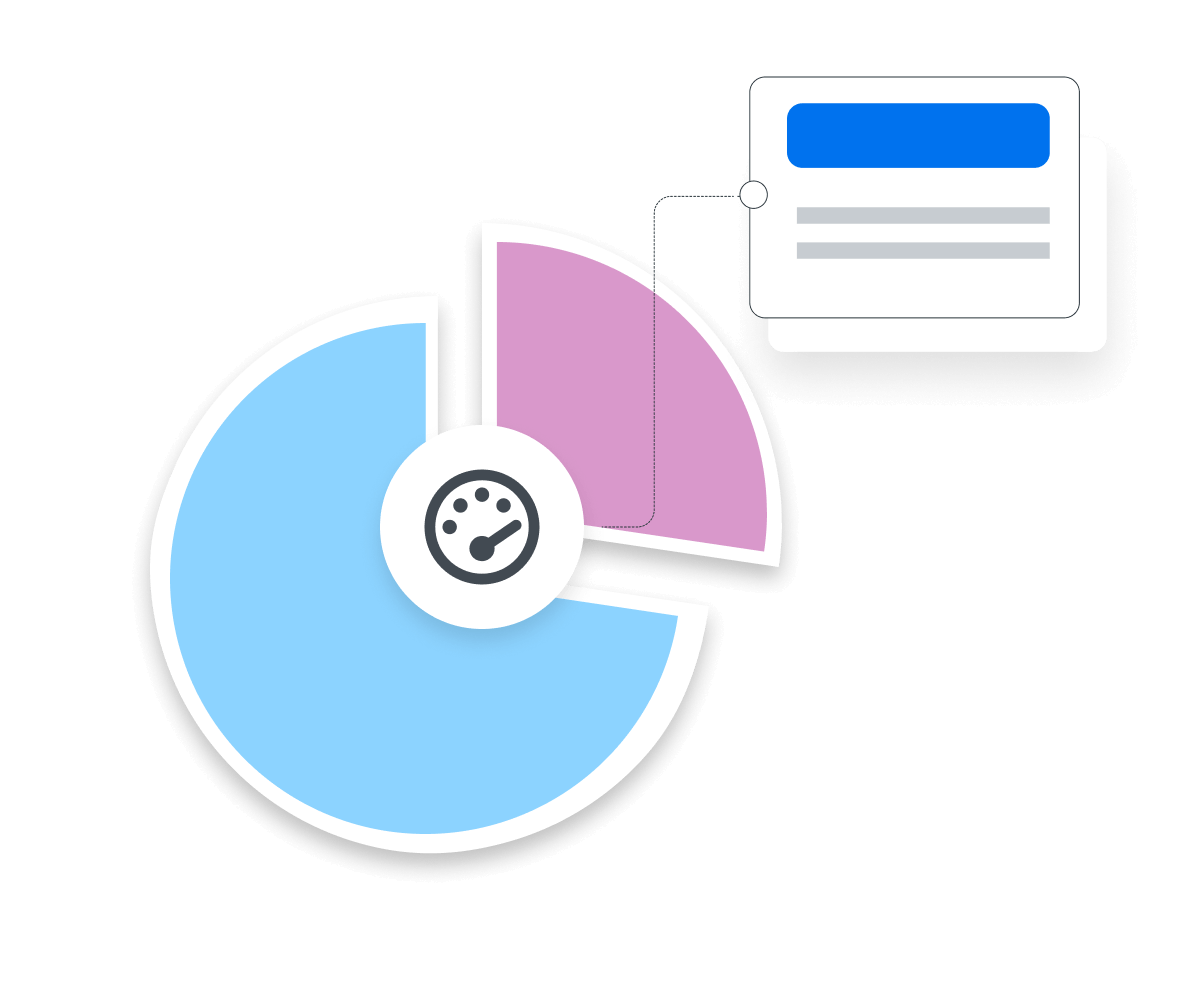
Stop Wasting Time on Manual Reports... Get SEO Insights Faster With AgencyAnalytics
How Canonical Chains Impact SEO
Imagine telling someone a story, but instead of going straight to the point, you keep adding side notes. After a while, they get mixed up about what you're trying to say. That's what happens with search engines when they come across a bunch of canonical tags all chained together.
Every time a search engine has to jump from one page to another through these tags, it's like a game of telephone. Some of the original message (or, in this case, the SEO power) gets lost along the way. Search engines only have so much time they're willing to spend looking at a site. If they're busy trying to figure out a complicated tag setup, they’ll miss out on the new content that’s been added.
Keeping track of canonical tags and making sure they're doing what you want is a lot of work. As a website grows and changes, keep adjusting these tags to ensure they're still right. If people keep seeing the same stuff over and over on different pages, they might not stick around for long, and that's not great for the website either.
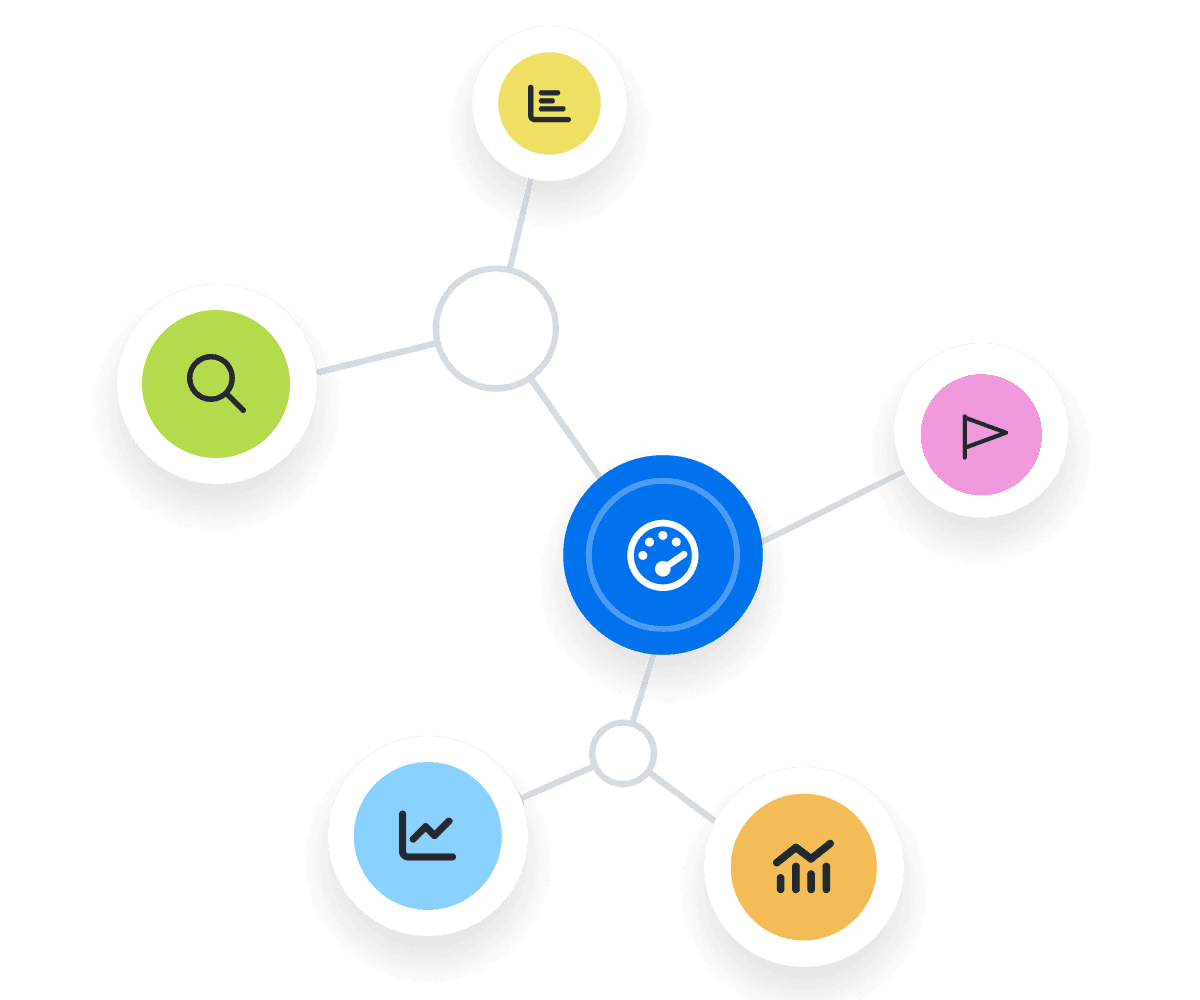
Most Common Causes of Canonical Chain Issues
One of the most common causes of Canonical Chain issues is incorrect tag implementation. This often happens when the canonical tag points to a URL that is not the preferred version of the content or points back to itself when it's not supposed to.
Another frequent issue is the development of complex Canonical Chains, where a page points to another as the canonical source, which points to yet another, creating a long chain of redirects. These chains become a web over time and require significant effort to untangle and correct.
Canonical Chains diminish the user experience by potentially leading visitors to outdated or irrelevant pages, hampering the site's SEO performance by spreading out the link equity across multiple, non-optimal pages.
How To Fix Common Canonical Chain Issues
Incorrectly implemented canonical URLs will lead to confusion for search engines and users, which dilutes the intended authority of the canonical page. Absolute URLs are recommended over relative paths to avoid ambiguity and ensure search engines correctly identify the preferred page.
Ideally, the canonical URL should not redirect to another page. Convoluted redirect paths will reduce the link equity passed to the canonical URL and slow down site crawling. Another critical factor is the alignment of canonical tags with other SEO signals. For instance, the internal linking structure should support the canonical URL as the authoritative source of content.
Search engines expect the content on the canonical page to be representative of the duplicates with similar or the same content. Regular audits ensure canonical tags continue to reflect the current site architecture and content strategy, maintaining their effectiveness over time.
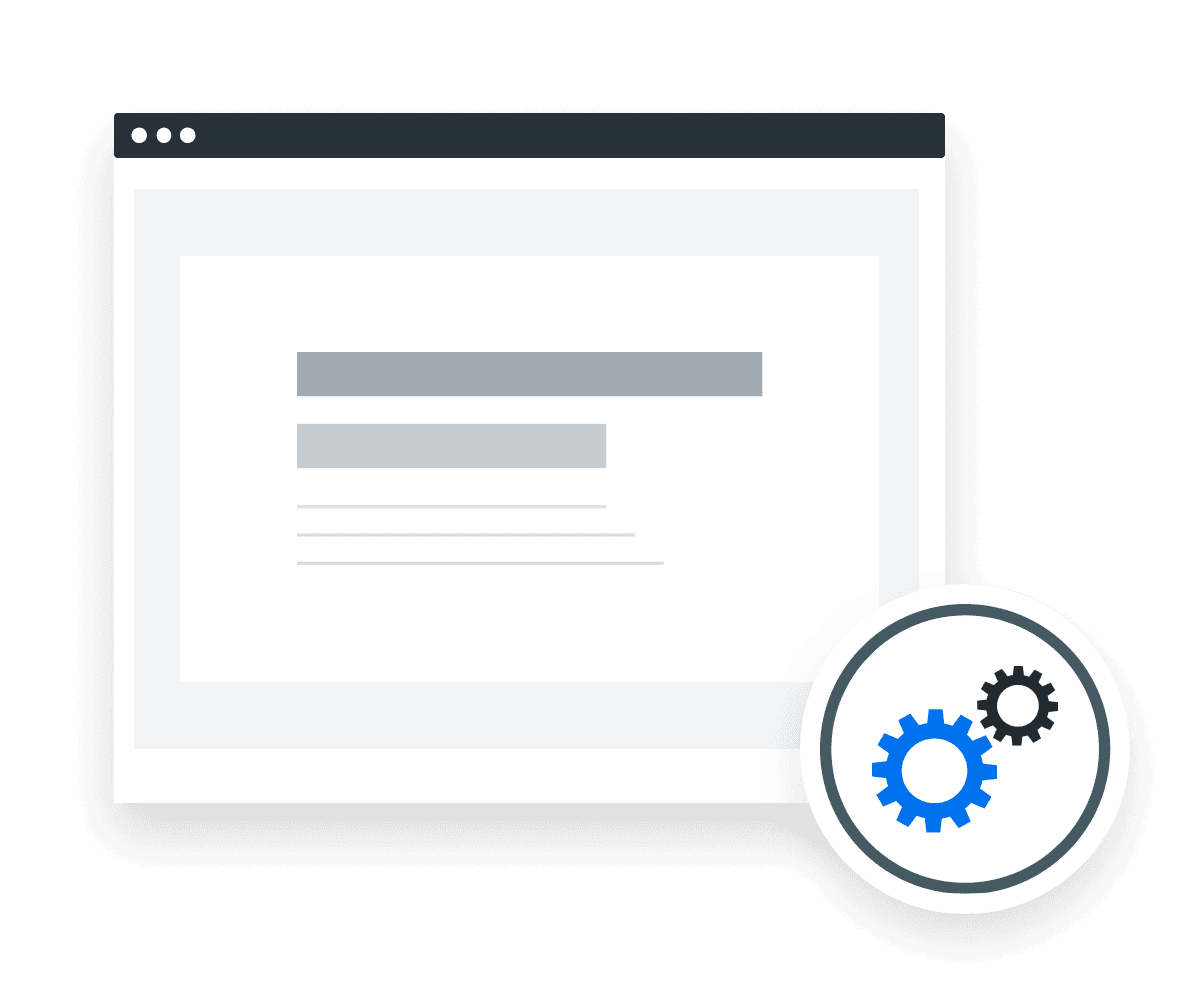
We use AgencyAnalytics to provide detailed analysis for our SEO clients, with the site audits and keyword tracking helping us demonstrate the value we deliver.
How To Assess the Efficacy of Canonical Chain Strategy
A well-implemented Canonical Chain strategy leads to clear and consistent canonical tag usage across a website, ensuring that search engines correctly identify and index the preferred version of the content. A good benchmark might include a decrease in duplicate content issues as reported by search engines, improvements in page rankings for targeted keywords, and an increase in organic traffic to canonical pages.
Conversely, signs that a Canonical Chain strategy needs improvement might include persistent duplicate content warnings from search engines, fluctuating or declining search rankings for pages with canonical tags, and confusion indicated by split traffic across duplicate URLs.
Why Canonical Chains Matter to Clients
Canonical Chains matter to clients because they directly affect how well a website performs in search results. If the wrong page ends up being shown to users, it means less traffic to the site and fewer potential customers seeing the right offer or product. Plus, if these pages aren't linked correctly through canonical tags, the website's overall search ranking will suffer.
A straightforward user experience is key to keeping visitors engaged and encouraging them to take action, like making a purchase or signing up for more information. If visitors find themselves bouncing between similar pages because of poorly managed Canonical Chains, they're likely to get frustrated and leave.
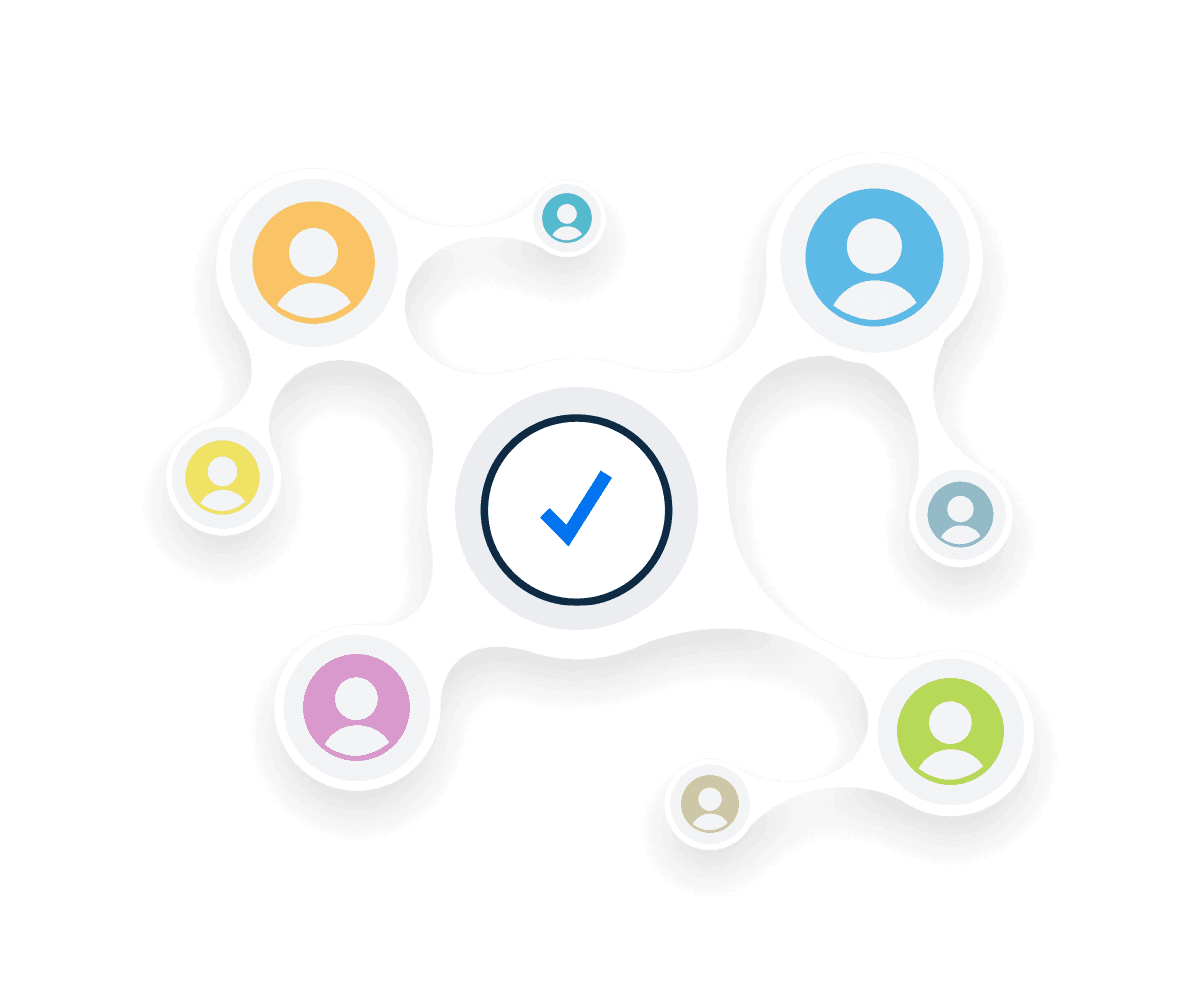
Why Canonical Chains Matter to Agencies
The proper management of Canonical Chains is critical for agencies because it reflects directly on their ability to optimize a client's digital presence. When agencies handle canonical tags accurately, it leads to better search rankings, more visibility, and ultimately, a higher client ROI.
Ensuring visitors are directed to the most relevant and authoritative content without unnecessary duplication enhances user satisfaction and engagement. This supports the client's immediate conversion goals and builds a foundation for long-term customer loyalty and brand building.

Turn Data Chaos into Client Success Stories with AgencyAnalytics.
Best Practices When Analyzing and Reporting on Canonical Chains
Understanding how Canonical Chains affect a website’s SEO health is crucial. Start by ensuring that search engines recognize and respect the canonical tags set on the website, and use webmaster tools to verify the indexing status of URLs marked as canonical.
Put in Context
Canonical tags are part of a broader SEO strategy, and their effectiveness should be evaluated in conjunction with other SEO practices, keyword rankings, and site optimizations.
Align to Client Goals
Ensure that the analysis of Canonical Chains aligns with the client's business goals. The ultimate goal is to improve site visibility, user experience, and conversion rates.
Include Actionable Recommendations
Based on your findings, suggest adjustments to the canonical strategy, content optimization, or other SEO practices that could enhance the website's performance.
Rank Tracker Dashboard Example
Related Integrations
How To Correct Canonical Chains
Here are a few essential tips to make web pages stand out to search engines and audiences alike and ensure content gets the attention it deserves.
Simplify URL Structure
Simple, logical URLs are easier for users and search engines to understand.
Audit Regularly
Conduct regular audits of the website to identify and resolve canonical issues.
Align With Content Updates
Review and update canonical tags whenever content is updated, added, or removed.
Related Blog Posts
See how 7,000+ marketing agencies help clients win
Free 14-day trial. No credit card required.


